World
The modern world cannot be studied without examining the course, impact and legacy of two world wars, the resources in this section set out to look at both the First and Second World Wars in their global context. The section also includes the Cold War and its impact in Latin America, South-East Asia and parts of Africa. This period also sees the rise and fall of European imperialism and the changing nature of global politics and economics as technology brings different stories from so many parts of the world directly to us. Read more
Sort by:
Date (Newest first) | Title A-Z
Show:
All |
Articles |
Podcasts |
Multipage Articles
-
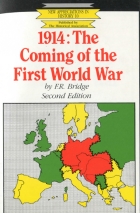
1914: The Coming of the First World War
ArticleClick to view -
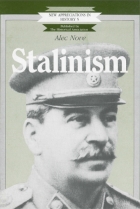
Stalinism
ArticleClick to view -
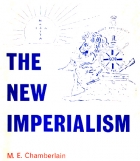
The New Imperialism
ArticleClick to view -
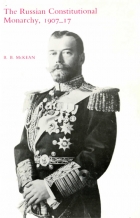
The Russian Constitutional Monarchy, 1907-17
ArticleClick to view -
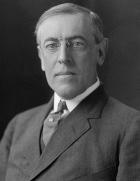
The League of Nations
ArticleClick to view -
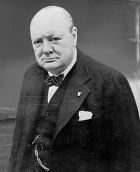
Winston Churchill and the Islamic World: Early Encounters
ArticleClick to view -
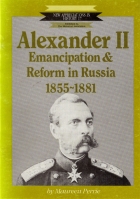
Alexander II
ArticleClick to view -
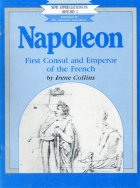
Napoleon: First Consul and Emperor of the French
ArticleClick to view -
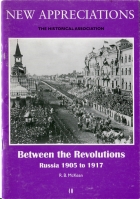
Between the Revolutions: Russia 1905 to 1917
ArticleClick to view -
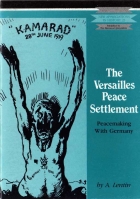
The Versailles Peace Settlement
ArticleClick to view -
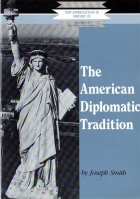
The American Diplomatic Tradition
ArticleClick to view -
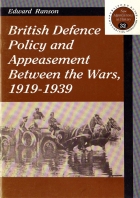
British Defence and Appeasement Between the Wars 1919-1939
ArticleClick to view -
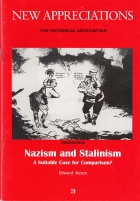
Nazism and Stalinism
ArticleClick to view -

Hiroshima and Nagasaki: Introducing students to historical interpretation
ArticleClick to view -
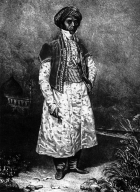
Dean Mahomet: Travel writer, curry entrepreneur and shampooer to the King
ArticleClick to view -
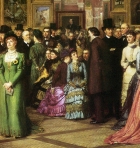
Anorexia Nervosa in the nineteenth century
ArticleClick to view -
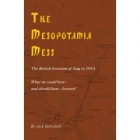
The Story of the First War in The Middle East over Oil
ArticleClick to view -

The Pennsylvanian Origins of British Abolitionism
ArticleClick to view -

Buffalo Bill and his Wild West show opens London's Earl Court in 1887
ArticleClick to view -
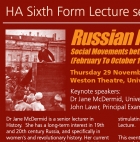
Russian Revolution: Social Movements between the Revolutions Feb-Oct 1917
ArticleClick to view

